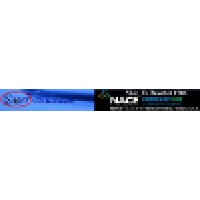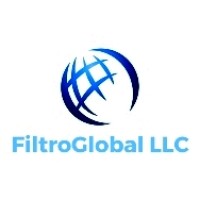
Corr Instruments
Corr Instruments introduces nanoCorr®, the world's first compact coupled multielectrode sensor analyzer, for real-time and online localized corrosion monitoring and electrochemical studies. In conjunction with our software, CorrVisual TM, CorrLoggerTM, wide range of multielectrode probes, and innovative seals, Queon TM, the nanoCorr® analyzer makes the online and real-time monitoring of localized corrosion and most types of general corrosions quick, easy and reliable in liquids, soils, concrete, biofilms and humid gases under normal temperature and pressure or high-temperature and high-pressure conditions. Our nanoCorr® analyzers were developed on the basis of the coupled multielectrode array sensor technology patented by a major international research organization, and backed by several other U.S. and international pending patents. They are highly sensitive and reliable for all types of non-uniform corrosions including localized corrosions. They are also the only type of corrosion monitoring instruments in the world that have ever been claimed to be quantitative for localized corrosions






